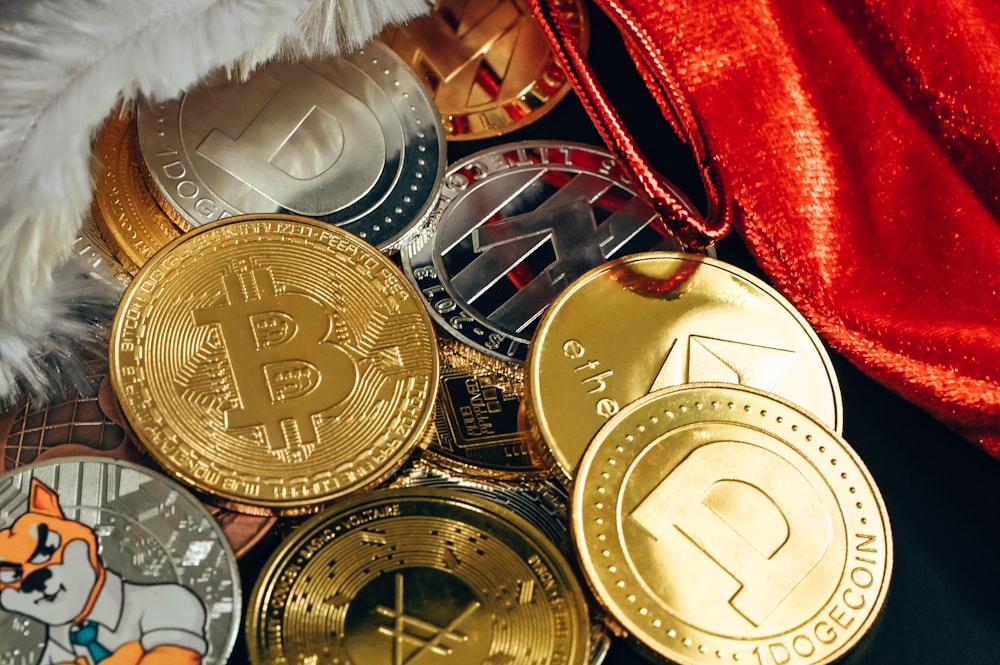Exploring IoT Blockchain: Revolutionizing Data Management
Understanding the Convergence of IoT and Blockchain
In today’s digital landscape, the convergence of Internet of Things (IoT) and blockchain technology is reshaping the way data is managed and secured. IoT devices are becoming increasingly prevalent in various industries, collecting vast amounts of data, while blockchain offers a decentralized and immutable ledger for storing and managing this data.
Enhancing Connectivity and Security
One of the key advantages of integrating IoT with blockchain is enhanced connectivity and security. By leveraging blockchain’s cryptographic algorithms and decentralized architecture, IoT devices can securely transmit and store data without the need for centralized intermediaries. This ensures data integrity and confidentiality, mitigating the risk of unauthorized access and tampering.
Transforming Data Management
IoT blockchain solutions are revolutionizing data management by providing a transparent and auditable record of data transactions. Each data transaction is cryptographically secured and recorded on a distributed ledger, creating an immutable trail of data ownership and provenance. This not only enhances data transparency but also simplifies compliance and auditing processes.
Unlocking New Possibilities for Industries
The integration of IoT and blockchain is unlocking new possibilities for industries such as supply chain management, healthcare, logistics, and smart cities. In supply chain management, for example, IoT sensors can track the movement of goods in real-time, while blockchain ensures the integrity and authenticity of this data throughout the supply chain. Similarly, in healthcare, IoT devices can monitor patient vitals, with blockchain ensuring the security and privacy of sensitive medical data.
Improving Efficiency and Transparency
IoT blockchain solutions are also improving efficiency and transparency in various processes. By automating data verification and validation through smart contracts, unnecessary delays and disputes are minimized, leading to faster and more efficient transactions. Additionally, the transparent and immutable nature of blockchain ensures greater accountability and trust among stakeholders.
Addressing Challenges and Opportunities
Despite the numerous benefits of IoT blockchain integration, there are challenges that need to be addressed, such as scalability, interoperability, and regulatory compliance. Scalability issues arise due to the sheer volume of data generated by IoT devices, while interoperability challenges stem from the diverse range of IoT devices and blockchain platforms. Regulatory compliance is also a concern, particularly regarding data privacy and security regulations.
Looking Towards the Future
As IoT and blockchain technology continue to evolve, the future holds immense potential for innovation and disruption. Advancements in areas such as edge computing, artificial intelligence, and quantum computing are poised to further enhance the capabilities of IoT blockchain solutions, paving the way for a more connected, efficient, and secure digital ecosystem.
Embracing IoT Blockchain Integration
In conclusion, the integration of IoT and blockchain technology represents a significant milestone in the evolution of data management and security. By harnessing the power of IoT devices and blockchain’s decentralized ledger, organizations can unlock new opportunities for innovation, efficiency, and transparency. As we embrace this transformative technology, it is essential to address challenges collaboratively and seize the immense potential it holds for shaping the future of digital infrastructure. Read more about iot blockchain



![Average Renovation Costs in [Your Location] Average Renovation Costs in [Your Location]](https://images.unsplash.com/photo-1517103278237-421a1cb020fa?fm=jpg&q=60&w=3000&ixlib=rb-4.0.3&ixid=M3wxMjA3fDB8MHxzZWFyY2h8M3x8aG93JTIwbXVjaCUyMHJlbm92YXRpb24lMjBjb3N0fGVufDB8MHwwfHx8Mg%3D%3D)







